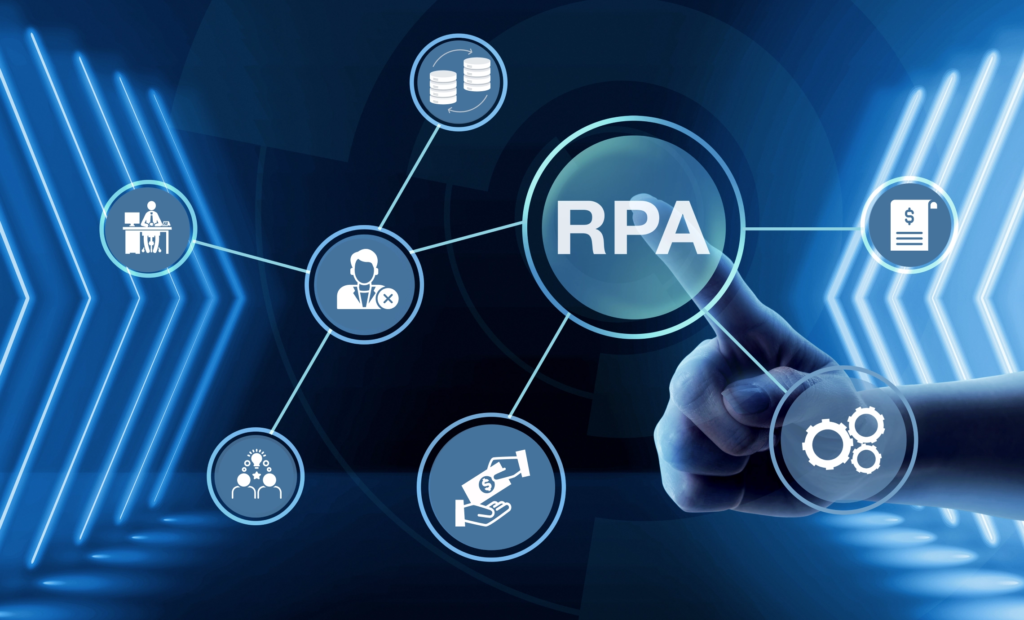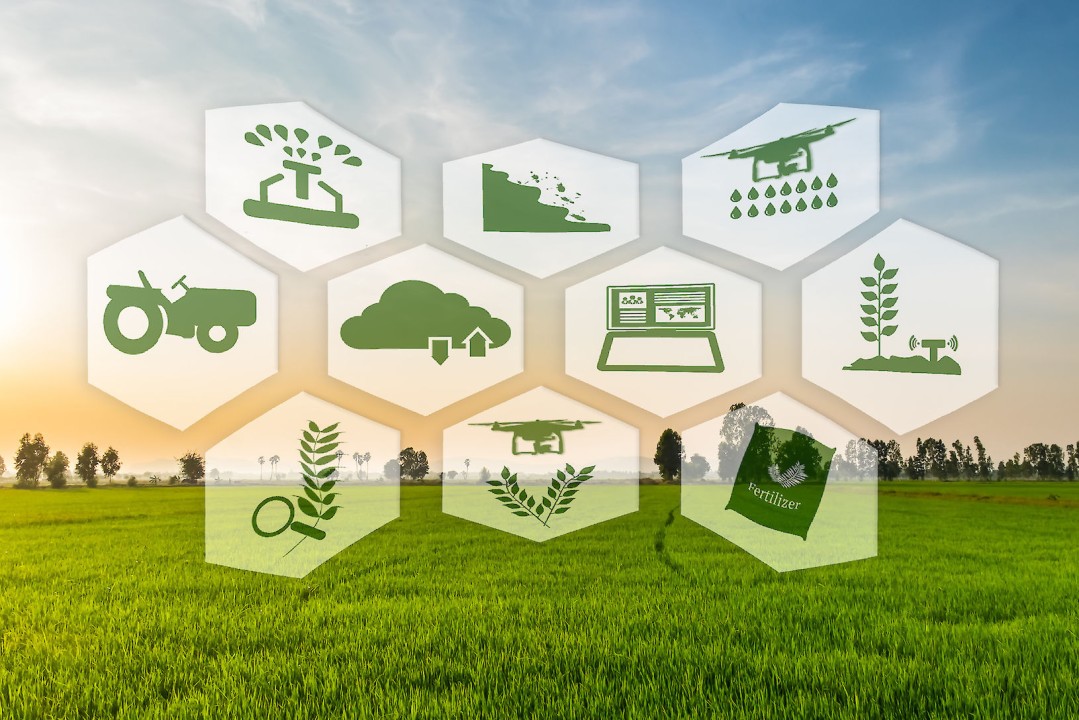Agriculture is one of the oldest industries in the world, and over time, it has undergone many transformations. Today, technology plays a crucial role in modernizing agriculture, enhancing productivity, and ensuring sustainable practices. From drones to smart sensors, new innovations are revolutionizing how we grow food, manage resources, and ensure global food security. Let’s explore the key roles that technology plays in transforming agriculture.
1. Precision Farming: Efficiency at Its Best
Precision farming refers to the use of technology to monitor and manage agricultural fields more efficiently. GPS devices, remote sensing, and advanced software help farmers track crop health, soil conditions, and weather patterns in real time. By collecting data from multiple sources, farmers can optimize their resource usage, reduce waste, and maximize yield.
2. Drones: Revolutionizing Field Monitoring
Drones have emerged as one of the most innovative tools in modern agriculture. These unmanned aerial vehicles (UAVs) are equipped with cameras and sensors to monitor crops from above. They help farmers assess plant health, detect pest infestations, and identify areas of the field that require attention. Drones allow for more efficient and accurate monitoring, reducing the need for manual labor and providing valuable insights into crop conditions.
3. Artificial Intelligence (AI) and Machine Learning
AI and machine learning are gaining traction in agriculture for their ability to predict crop yields, assess soil conditions, and identify plant diseases. By analyzing large datasets, AI models can predict the optimal time for planting and harvesting, monitor plant growth patterns, and provide personalized recommendations to farmers. These technologies enhance decision-making and help farmers increase their overall productivity.
4. Robotics: Automation of Repetitive Tasks

Robots and automation technologies are reducing the dependency on human labor for repetitive tasks such as planting, weeding, and harvesting. Autonomous tractors, harvesters, and planters are capable of performing these functions with precision and efficiency. Automation not only saves time and money but also helps improve the overall quality of agricultural products by reducing human error.
5. IoT and Smart Sensors: Data-Driven Agriculture
The Internet of Things (IoT) has brought about smart farming solutions through connected sensors that track various environmental factors such as temperature, humidity, and soil moisture. These sensors can alert farmers to changes in conditions and help them make timely decisions to prevent crop damage. With IoT-enabled devices, farmers can continuously monitor the health of their crops and adapt to changing conditions.
6. Sustainable Practices and Eco-Friendly Technologies
Technology also plays an essential role in promoting sustainable agriculture. Innovations such as vertical farming, hydroponics, and precision irrigation are helping reduce water consumption and minimize the environmental impact of farming practices. By using fewer resources and optimizing production, technology is contributing to the global push for more sustainable and eco-friendly agricultural methods.
7. Genetic Engineering and Biotechnology
Advancements in genetic engineering and biotechnology have enabled the development of crops that are more resistant to pests, diseases, and environmental stresses. Genetically modified (GM) crops can improve yields and ensure food security in regions with challenging climates. Biotechnology also contributes to the development of new varieties that offer higher nutritional value and enhanced disease resistance.
8. Big Data and Cloud Computing: Harnessing Information
The use of big data and cloud computing allows farmers to store, analyze, and share vast amounts of agricultural data. Cloud platforms give farmers easy access to predictive analytics, satellite imagery, and weather forecasting, which are vital tools for making informed decisions. By integrating data from different sources, farmers can streamline operations and improve farm management strategies.
9. Blockchain: Enhancing Food Traceability and Security
Blockchain technology is transforming the agricultural supply chain by enhancing transparency and traceability. By recording every step of the food production process on a decentralized ledger, blockchain ensures the authenticity and safety of agricultural products. This technology also helps combat food fraud and ensures that consumers receive high-quality, ethically produced food.
10. Global Food Security and Technology’s Impact
Technology plays a key role in ensuring food security, especially as the global population continues to grow. By improving agricultural efficiency and resource management, technology helps increase food production to meet the needs of a growing world. Furthermore, innovations in storage, transportation, and distribution are making it easier to get fresh produce to consumers, reducing food waste and improving food access.
Also Read: How Can Sustainable Farming Practices Revolutionize Agriculture?
Conclusion
Technology is undeniably transforming agriculture, enabling more efficient, sustainable, and productive farming practices. Innovations in precision farming, AI, robotics, and IoT are empowering farmers to make data-driven decisions, while sustainable technologies are helping reduce environmental impact. As the world faces increasing challenges related to population growth and climate change, technology will continue to play a crucial role in shaping the future of agriculture and ensuring a secure food supply for generations to come.
